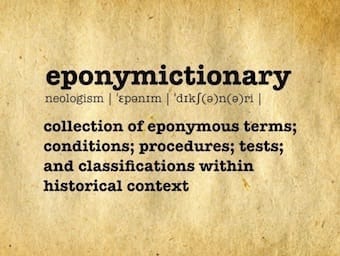
FFS: Trigeminal neuralgia
Trigeminal neuralgia is a painful cranial nerve disorder causing brief, intense facial pain. Diagnosis is clinical, with MRI to exclude secondary causes

Trigeminal neuralgia is a painful cranial nerve disorder causing brief, intense facial pain. Diagnosis is clinical, with MRI to exclude secondary causes

Wernicke encephalopathy is an acute, reversible encephalopathy caused by thiamine deficiency, classically presenting with ophthalmoplegia, ataxia, and confusion.

Vestibular neuronitis causes acute peripheral vertigo. Corticosteroids improve recovery. Differentiation from central causes is key in ED.

Vestibular migraine presents as episodic vertigo with or without headache. Diagnosis is clinical and often made by a neurologist after excluding other causes

Vestibular migraine presents as episodic vertigo with or without headache. Diagnosis is clinical and often made by a neurologist after excluding other causes

Horner syndrome is a neurological disorder caused by disruption to sympathetic innervation to the eye, presenting with ptosis, miosis, and anhidrosis

ABC/2 is a rapid, validated bedside formula to estimate ICH volume using CT dimensions; useful for prognostication and trial enrolment

The Intracerebral Haemorrhage (ICH) Score is a prognostic scoring system for predicting mortality among patients with spontaneous ICH.

Cerebral haemorrhage is a severe form of stroke with high mortality. Timely imaging, diagnosis, reversal of anticoagulation, and specialist referral are critical.

Endovascular clot retrieval is a specialised, time-critical treatment for large vessel stroke, offering substantial recovery benefits when performed within 6–24 hour

IV thrombolysis for stroke improves outcomes when given within 9 hours. Requires rapid imaging, specialist input, and strict eligibility criteria

Lateral medullary (Wallenberg) syndrome is a rare brainstem stroke due to vertebral or PICA occlusion, presenting with vertigo, dysphagia, and cranial nerve signs.